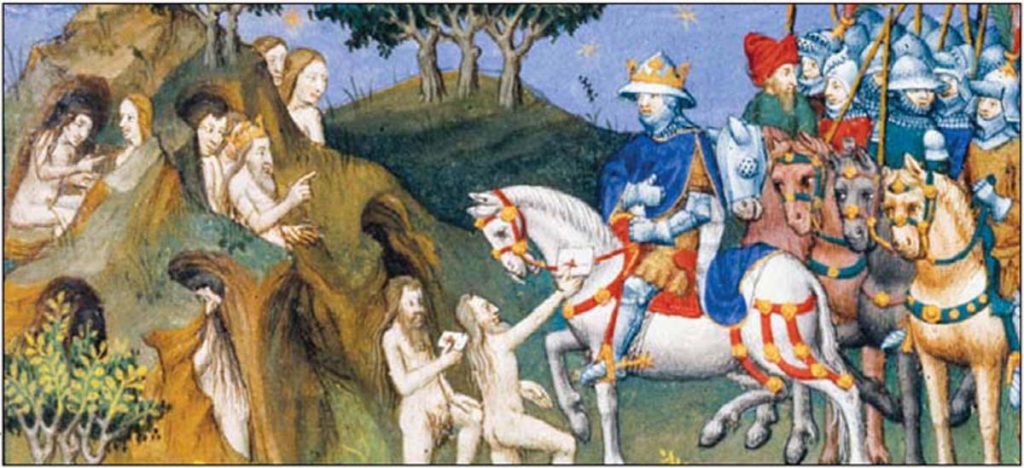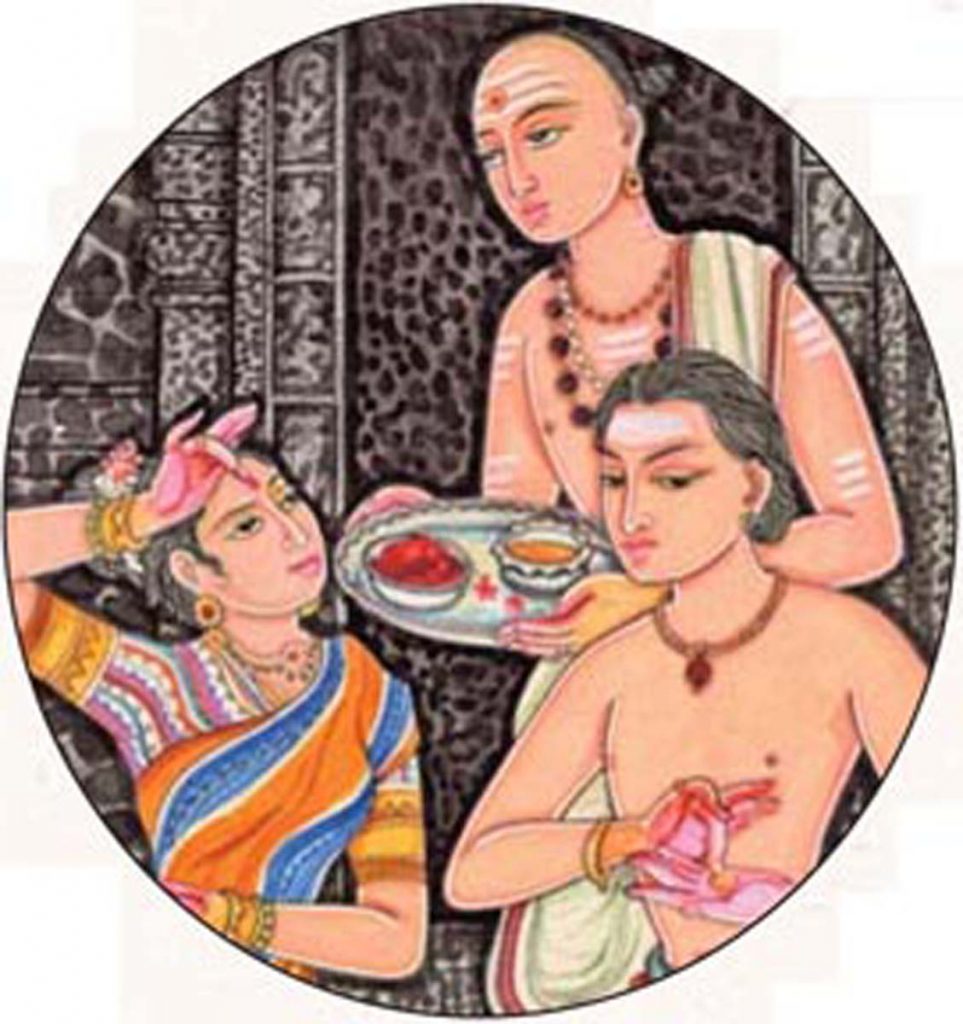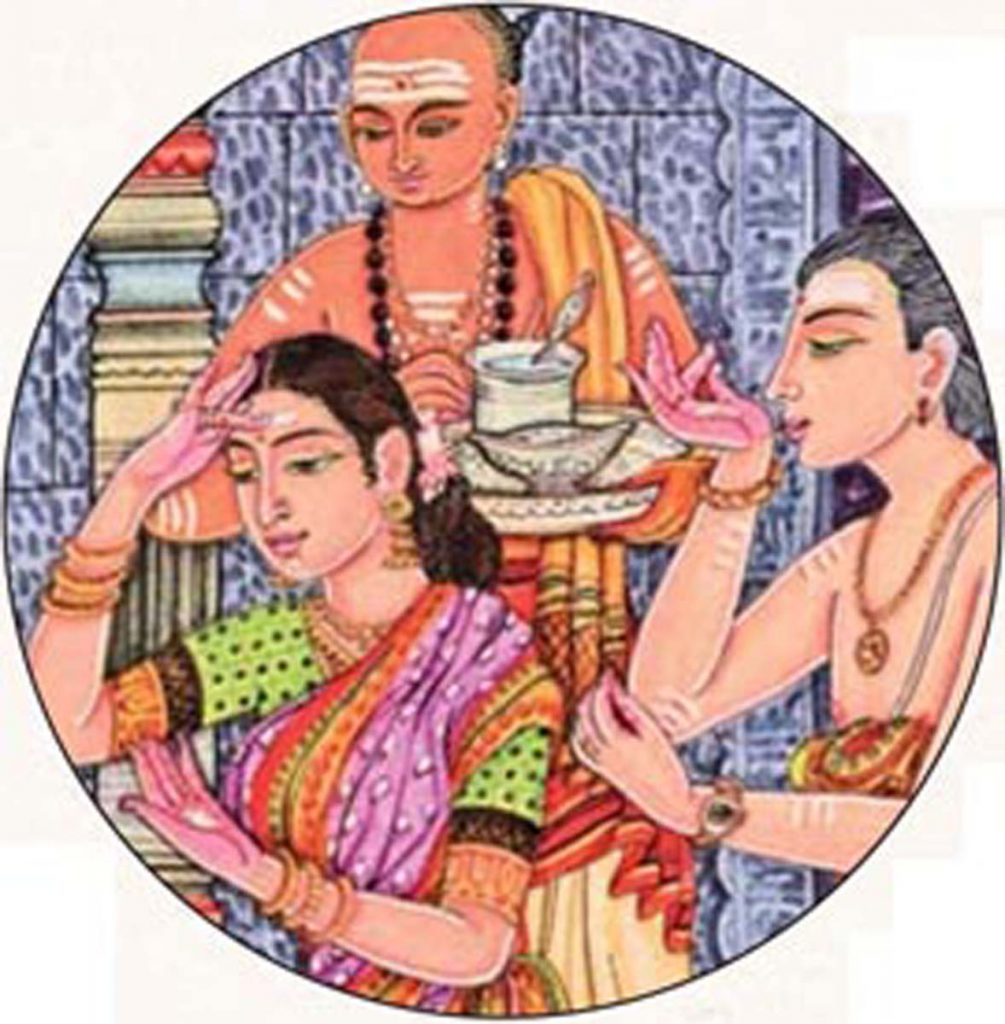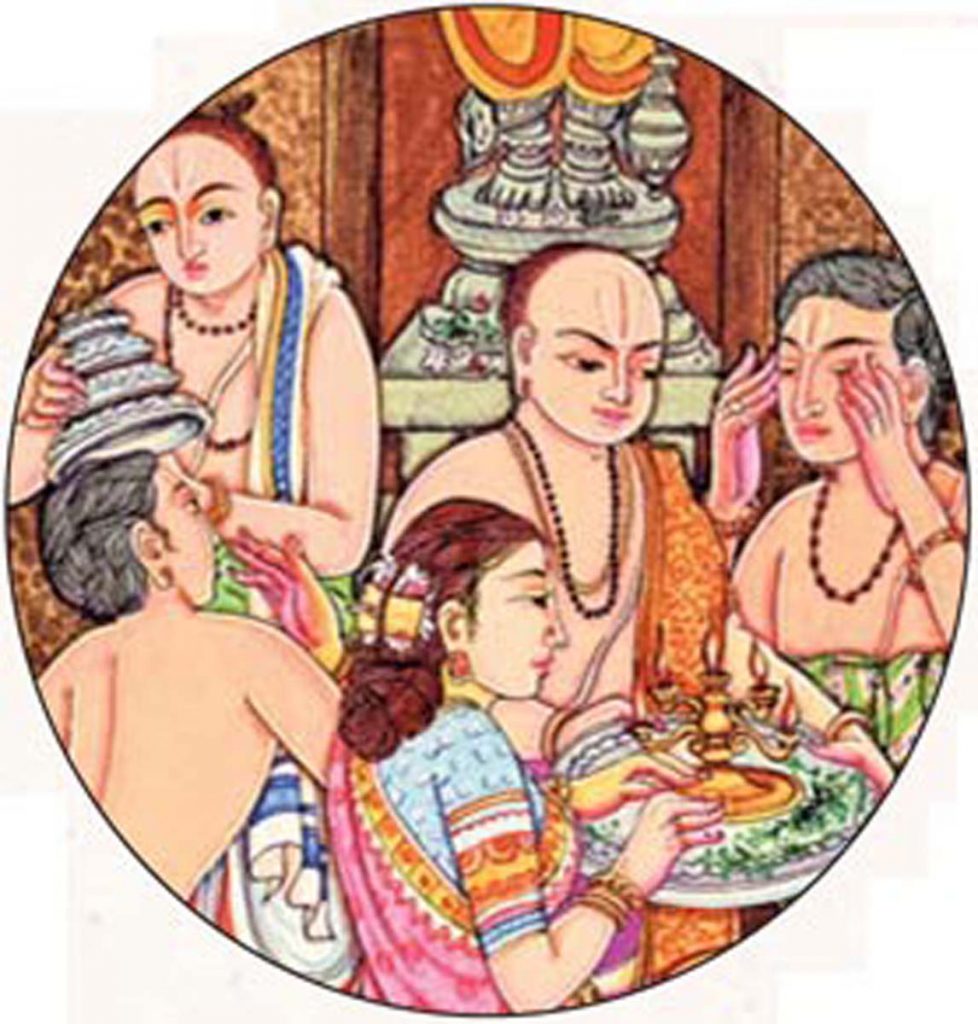“For the shishya who devotedly remembers, ‘My guru is actually Siva Himself who grants Liberation,’ fulfillment is not far off. ” – Kularnava Tantra 4.2
Hinduism has remained in constant, replenished usage throughout this tremendous stretch of time, impervious to outside influence, as onward flowing as the imperturbable Ganga itself. Swami Dayanand Saraswati (1824-1883), Hindu religious leader and founder of the Arya Samaj—a Hindu reform movement of the Vedic tradition
Hindu God is not an external God who reveals himself only to a chosen prophet to be then imposed as the ultimate authority on others. Navaratna S. Rajaram, Indian mathematician
The Hindu religion, or Sanatana Dharma, is the way of life of perfect living and of gaining mastery over oneself. This religion reveals the secret process which brings forth an effective personality out of a shattered man of despair and disappointment. Swami Chinmayananda Saraswati (1916-1993), founder of Chinmaya Mission
Truth is the offspring of silence and meditation. Sir Isaac Newton (1642-1726), English mathematician, astronomer and physicist
The sacred scriptures make the life of the spirit real even to those who are incapable of insight. Sarvepalli Radhakrishnan (1888-1975), first Vice President of India
I’ve been bringing home a Ganpati idol (for Ganesha Chaturthi) for 16 years. I believe that Ganesha will help me achieve my goals faster. Sonu Sood, Indian actor, model, producer
The first great thing is to find yourself; and for that you need solitude and contemplation, at least sometimes. Deliverance will not come from the rushing, noisy centers of civilization; it will come from the lonely places. Fridtjof Nansen (1861-1930), Norwegian explorer, scientist and diplomat
The soul, being immortal, having been born again many times, and having seen all things that exist, whether in this world or in the world below, has knowledge of them all; thus all enquiry and all learning is but recollection. Socrates, from Plato’s Menos
You do not belong to the brahmin or any other caste; you are not at any stage, nor are you anything that the eye can see. You are unattached and formless, the witness of everything—so be happy. Ashtavakra Gita 1.5
The Hindu lives in eternity. He is profoundly aware of the relativity of space and time and of the illusory nature of the apparent world. Alain Danielou (1907-1994), French historian and a noted Western convert to and expert on Saivite Hinduism
The first great error to be thrown away is a common one—acceptance of the physical body as the real self when it is only an expression and channel, instrument and vehicle of the Self. Paul Brunton (1898-1981), British mystic and author
An examination of Indian Vedic doctrines shows that it is in tune with the most advanced scientific and philosophical thought of the West. Sir John Woodroffe (1865-1936), British Orientalist
You don’t want to stimulate spiritual power until you have achieved mental calmness. Satguru Bodhinatha Veylanswami, publisher of Hinduism Today
One of the fastest ways to destroy the stability of families and societies is through promiscuity, mental and/or physical, and the best way to maintain stability is through self-control. Satguru Sivaya Subramuniyaswami (1927-2001), founder of Hinduism Today
DID YOU KNOW?
Alexander and the Ten Sadhus
Alexander the great conquered many lands but ended his campaign near the Indus River, in what is now Pakistan. Few people know of his run-in with naked sadhus, or as the Greeks called them, gymnosophists.
According to Plutarch, a Greek biographer and essayist (45-120 ce), Alexander captured ten sadhus who had caused an Indian prince named Sabbas to revolt against the Macedonians.

Plutarch reported: These philosophers were reputed to be clever and concise in answering questions, and Alexander therefore put difficult questions to them, declaring he would put to death the one who first gave an incorrect answer.
The first sadhu, being asked which, in his opinion, are more numerous, the living or the dead, said that the living were, since the dead no longer existed. The second, being asked whether the earth or the sea produces larger animals, said the earth did, since the sea was but a part of the earth. The third, being asked what animal is the most cunning, said: “That which up to this time man has not discovered.” The fourth, when asked why he had induced Prince Sabbas to revolt, replied: “Because I wished him either to live nobly or to die nobly.”
The fifth, being asked which, in his opinion, is older, day or night, replied: “Day, by one day;” and he added, upon the king expressing amazement, that hard questions must have hard answers. Passing on, then, to the sixth, Alexander asked how a man could be most loved. “If,” said the philosopher, “he is most powerful, and yet does not inspire fear.”
The seventh, asked how one might become a god instead of a man, replied: “By doing something a man cannot do.” The eighth, asked which is stronger, life or death, answered: “Life, since it supports so many ills.” Alexander asked the tenth sadhu how long it were well for a man to live. The answer: “Until he does not regard death as better than life.”
Satisfied, then, with these philosophers, he dismissed them with gifts.
BASICS
Temple Sacraments
At the end of the puja, the priest passes out to the attending devotees various substances that were offered to the Deity. By partaking of these offerings, called prasada, one absorbs the blessings into one’s being. Observe the way experienced temple-goers receive these sacraments to properly learn the nuanced customs.
First, the sacramental lamp which has just been offered at the high point of the puja is passed among the devotees. The devas can see and bless you through this flame as it lights up your face. Sometimes you, too, can glimpse into their world. When the priest comes to you with the lamp, reach out and pass both hands devoutly over the flame. Then bring your hands back, turn your palms toward your face and touch your eyes with your fingertips to receive the Deity’s blessings.



A sacrament offered at Siva shrines is holy ash, vibhuti, made by burning dried cow dung with ghee, flowers, yogurt and other ingredients. It symbolizes the purity we attain by burning the bonds of ego, karma and maya to reveal the soul’s natural goodness. It is applied on the forehead, generally three broad stripes for men, and one short stroke for ladies. A spoonful of blessed water that was offered to the Deity, or milk with which the Deity was bathed during the puja, may be offered for you to drink.
Sandalwood paste, valued for its fragrance, is often next. A small dab is placed in your hand by the priest, which you transfer to your left palm with a wiping motion. Dip your right ring finger into the paste and apply it with a small circular motion between the eyebrows, or in your chosen sectarian mark. A red powder called kumkum is then given. The priest will place a small pinch in your right hand or invite you to take some from the container he holds before you. Apply the kumkum on top of the sandalwood, creating a dot, or bindi, which represents the third eye of spiritual seeing. Vaishnava Hindus traditionally apply a V-shaped tilaka on the forehead representing the feet of the Lord.
Flowers may also be distributed by the priest, as well as cooked food. Many devotees wrap portions of their prasada to share with loved ones or place on their home altar.
